Bangladesh’s search for a balanced national identity
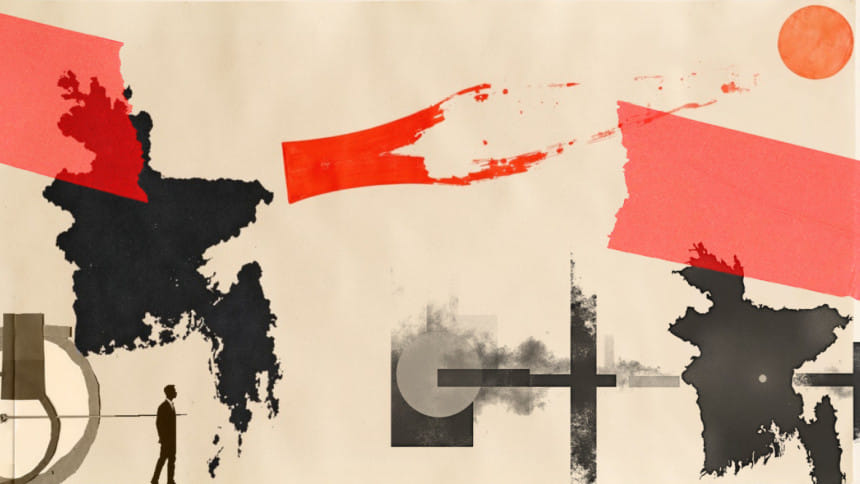
Bangladesh stands at a pivotal moment in its political and ideological evolution. With the ousting of Sheikh Hasina's government and the appointment of an interim administration, the country now witnesses a debate over its national identity. At the heart of this discourse is the Constitution Reform Commission's proposal to replace secularism with pluralism. This shift has sparked confusion and contention among political factions and civil society.
Since independence, Bangladesh has grappled with the role of religion in governance. The founding principles of the state included secularism, a concept that was meant to ensure religious neutrality and prevent the dominance of any single faith in public affairs. However, secularism was often perceived as an imposed ideology rather than an organic evolution of Bangladesh's socio-political fabric.
Over the decades, successive governments have oscillated between reinforcing secularism and accommodating religious sentiments. The Awami League, under Hasina, reinstated secularism in the constitution while maintaining Islam as the state religion—a paradox that reflected the country's complex religious landscape. Critics have long contended that secularism, as practised in Bangladesh, has failed to foster true inclusivity, often alienating religious communities rather than integrating them into a cohesive national identity.
The interim government's proposal to replace secularism with pluralism is an attempt to redefine Bangladesh's approach to religious coexistence. In theory, pluralism acknowledges the presence of multiple faiths and promotes their harmonious existence within the state framework. However, the term itself has led to divergent interpretations. One Islamist party leader said that they "view pluralism as a gateway to multi-religionism," fearing that it may dilute the country's Islamic heritage or create unnecessary divisions among religious groups.
The Constitution Reform Commission's intended meaning of pluralism appears to be the recognition of all faiths within the country, ensuring that no single religion dominates the national narrative. While this approach seeks to foster inclusivity, its ambiguity has led to concerns about its practical implementation. Without a clear framework, pluralism risks becoming another contested term, much like secularism before it.
Given the confusion surrounding pluralism, Bangladesh's policymakers must consider alternative terminologies that better capture the spirit of religious coexistence. Two potential replacements—"interfaith harmony" and "religious empathy"—offer more precise frameworks for fostering unity.
Interfaith harmony emphasises active engagement between religious communities, encouraging dialogue and mutual respect. This approach has been successfully implemented in various multicultural societies, where religious groups collaborate on social and cultural initiatives without compromising their distinct identities.
Religious empathy focuses on understanding and respecting different faiths without necessarily integrating them into a singular national ideology. By promoting empathy, the government can ensure that religious minorities feel acknowledged and valued, while maintaining the cultural and historical significance of Islam in Bangladesh.
Both alternatives provide a more structured approach to religious coexistence, avoiding the vagueness associated with pluralism. They also mirror Bangladesh's historical ethos, which has long been shaped by a mix of Hindu, Buddhist, Christian, and Islamic influences.
The debate over secularism, pluralism, and alternative frameworks is not merely a philosophical exercise—it has tangible political consequences. Bangladesh's political parties are deeply divided on the issue, with some advocating for pluralism, while others push for a more religion-inclusive model. The BNP—the country's largest political party at present—faces the challenge of navigating these ideological shifts while maintaining its broad appeal.
The interim government's decision on this will set a precedent for future administrations. If pluralism is adopted without a clear definition, it may lead to further polarisation. Conversely, a well-articulated approach, through interfaith harmony or religious empathy, could pave the way for a more stable and inclusive Bangladesh.
Bangladesh's constitutional debate is more than a legal amendment. It reflects the country's evolving identity. At this crossroads, the nation must carefully consider the implications of its choices. Whether through pluralism, interfaith harmony, or religious empathy, the ultimate goal should be to foster a society where all faiths coexist peacefully, without undermining the country's historical and cultural foundations.
The coming months will be crucial. The government must engage with scholars, religious leaders, and civil society to ensure that constitutional changes reflect the will of the people. In doing so, Bangladesh can move beyond ideological confusion and towards a more cohesive and inclusive future.
Shafi Md Mostofa is post-doctoral fellow at the Democracy Institute of Central European University, Hungary, and associate professor of World Religions and Culture at Dhaka University.
Follow The Daily Star Opinion on Facebook for the latest opinions, commentaries and analyses by experts and professionals. To contribute your article or letter to The Daily Star Opinion, see our guidelines for submission.

 For all latest news, follow The Daily Star's Google News channel.
For all latest news, follow The Daily Star's Google News channel. 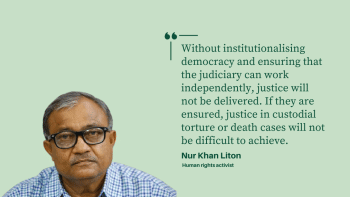
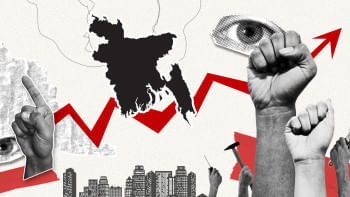



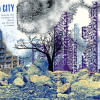
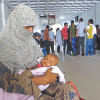




Comments